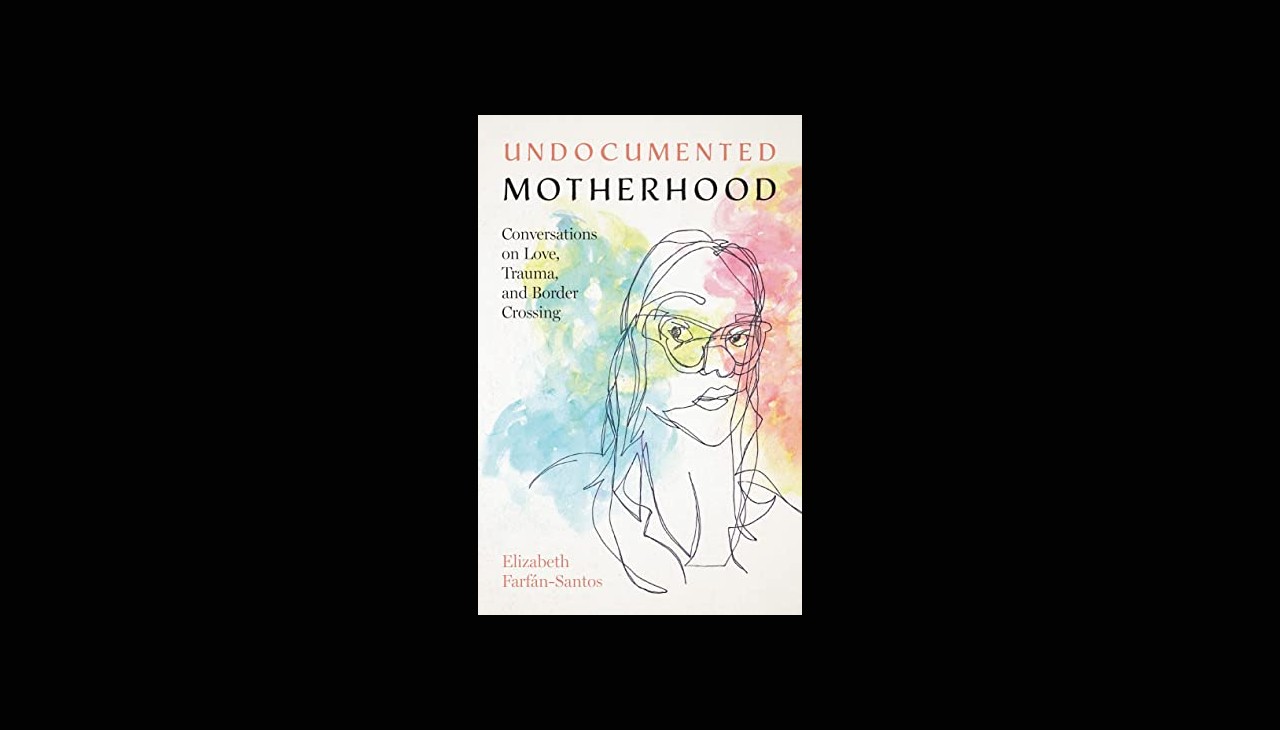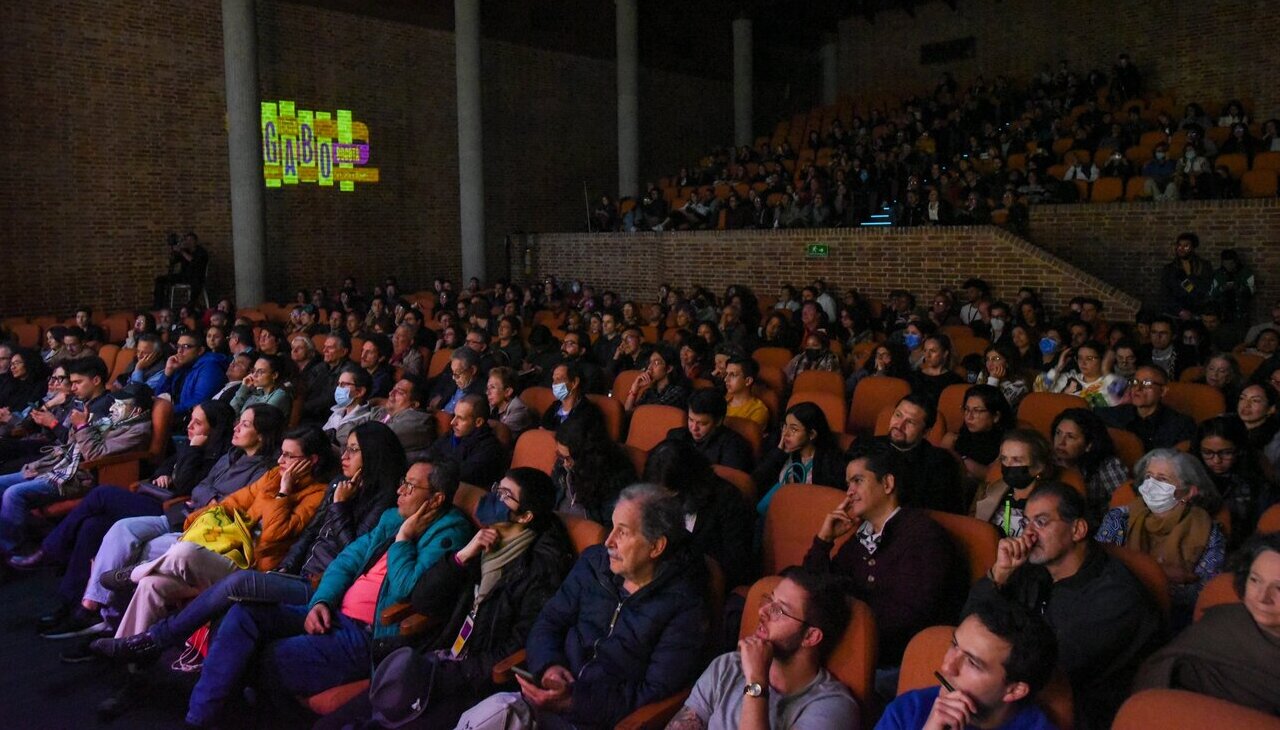
‘Undocumented Mothers’: The many sacrifices of a Mexican mother to build a future for her daughter
In her latest book, Elizabeth Farfán-Santos shows how undocumented mothers navigate the U.S. healthcare system
Elizabeth Farfán-Santos grew up in a Mexican, immigrant, working-class household led by women. And, as she puts it on her website, she learned very early on to love and honor every aspect of her identity, and that informs her writing and her work.
With a Ph.D. and M.A. in Medical Anthropology from UC Berkeley and a B.A. in Anthropology and International Studies from Trinity University, Farfán-Santos became the first in her family to become a scholar, writer and Doctora.
“I am my ancestors’ legacy, and I write for them,” she said.
Recently, Farfán-Santos published Undocumented Motherhood: Conversations on Love, Trauma, and Border Crossing (University of Texas Press, October 2022), her latest book, where she follows the life story of Claudia Garcia, a Mexican mother who migrates to Houston in hopes of finding quality health care for her hearing-impaired toddler, Natalia.
Leaving behind everything she knew in Mexico, Claudia recounts the terror of migrating alone with her toddler and the incredible challenges she faced advocating for her daughter’s health in the United States. When she arrived in Texas, Claudia discovered that being undocumented would mean more than just an immigration status — it would be a way of living, of mothering, and of being discarded by even those institutions we count on for care.
RELATED CONTENT
Farfán-Santos spent five years with Claudia. As she listened to Claudia’s experiences, she recalled her own mother’s story, another life molded by migration, the U.S.-Mexico border, and the quest for a healthy future on either side. Witnessing Claudia’s struggles with doctors and teachers, we see how the education and medical systems enforce undocumented status and perpetuate disability. At one point, in the midst of advocating for her daughter, Claudia suddenly finds herself struck by debilitating pain. Claudia is lifted up by her comadres, sent to the doctor, and reminded why she must care for herself.
1: mothers are the support beams of society
— Elizabeth Farfán-Santos, PhD (@ChicanaAnthropo) November 20, 2022
2: and also - that’s not fair.
3: Mothers are *human beings* not the loteria guy carrying the world on their back. (See pic👇🏽)
4: Mothers need better support from ALL aspects of society- from the micro to the macro. pic.twitter.com/GyFqon8FxV
One of the things the author talks about in the book and that Claudia goes into detail about is how much money they pay for private insurance to be able to access all of the specialists.
“We’re talking thousands, tens of thousands of dollars that her and her husband are pouring into insurance and into the medical system, public and private, to get their daughter the care that they need, because that’s the only way that they can really do it,” Farfán-Santos told The Texas Standard.
In 2016, Farfán-Santos published Black Bodies, Black Rights: The Politics of Quilombolismo in Contemporary Brazil, where she explores how quilombo recognition has significantly affected the everyday lives of those who experience the often-complicated political process. Questions of identity, race, and entitlement play out against a community’s struggle to prove its historical authenticity — and to gain the land and rights they need to survive. This book not only demonstrates the lived experience of a new, particular form of Blackness in Brazil, but also shows how Blackness is being mobilized and reimagined to gain social rights and political recognition.











LEAVE A COMMENT:
Join the discussion! Leave a comment.